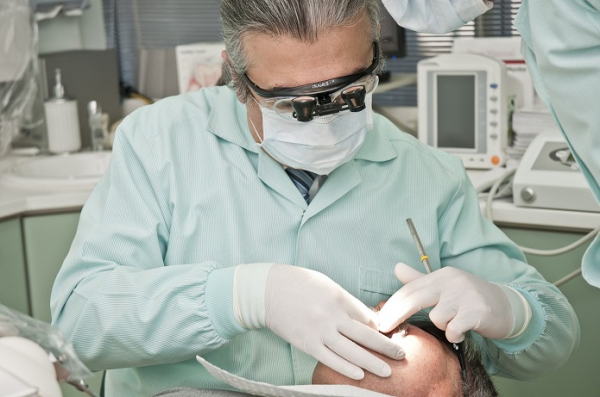
As many as 71% of people in Finland had minor tooth erosion, and 17% had at least moderate tooth erosion, according to a survey conducted by the Finnish Institute for Health and Welfare (THL).
The Healthy Finland population survey also showed that tooth erosion is very common in adults, said THL in a press release on Tuesday.
Minor erosion is very common even in the youngest age groups: it occurs in 53% of women aged 20–34 and as many as 78% of men.
Erosion refers to the dissolution of the tooth enamel and corrosion of the teeth.
Acidic drinks, such as energy and sports drinks, soften and dissolve the tooth enamel and cause erosion especially powerfully. Erosion may also be caused by acidic stomach fluid in the mouth in conditions such as reflux esophagitis or eating disorders, such as bulimia.
"The tooth enamel does not regenerate, so lost tissue cannot be recovered. Once the enamel has worn off, the softer dentine is exposed, and it erodes even faster than the enamel. This may cause the teeth to be highly sensitive," said Professor Liisa Suominen, who was responsible for the oral and dental health research section of the Healthy Finland Survey.
"The teeth becoming lower as a result of erosion and the exposure of the yellow dentine also affects the bite and causes aesthetic damage," Suominen added.
People can prevent tooth erosion by consuming acidic foods and drinks only at mealtimes and rinsing your mouth with water or milk after eating.
Both erosion and caries can be prevented with regular mealtimes, brushing with a soft toothbrush and fluoride toothpaste twice a day, and using xylitol products after a meal.
However, people should not brush your teeth immediately after eating or drinking acidic products: preferably brush your teeth before a meal or at least 30 minutes after it.
"The treatment of erosion is expensive and time-consuming. That is why the most important thing would be to prevent damage from occurring in the first place or intervene as early as possible if damage has already occurred. Advanced erosion damage can be remedied with composite filling or by crowning the teeth," Suominen said.
According to the Healthy Finland Survey, as many as 74% of adults have at least one deepened gingival pocket of four millimetres, and 39% have at least one tooth with caries.
Deepened gingival pockets indicate periodontitis, a disease of the dental connective tissue. It has been found to be linked to many other national diseases in Finland, such as cardiovascular diseases and diabetes.
"Filling teeth and replacing old fillings consumes the resources of oral health care the most and is also expensive for the patient. However, untreated teeth problems can cause very serious infections that may even require intensive care at a hospital. It is important to prevent oral diseases by diligent self-care and visiting a professional at regular intervals based on individual needs," said Chief Dentist Ulla Harjunmaa, the other head researcher of the oral health section of Healthy Finland.
The clinical examination and survey on oral and dental care were carried out in 2023. A little under 2,000 adults aged 20 or over living in Finland participated in the survey.
- Oral
- Health
Source: www.dailyfinland.fi
